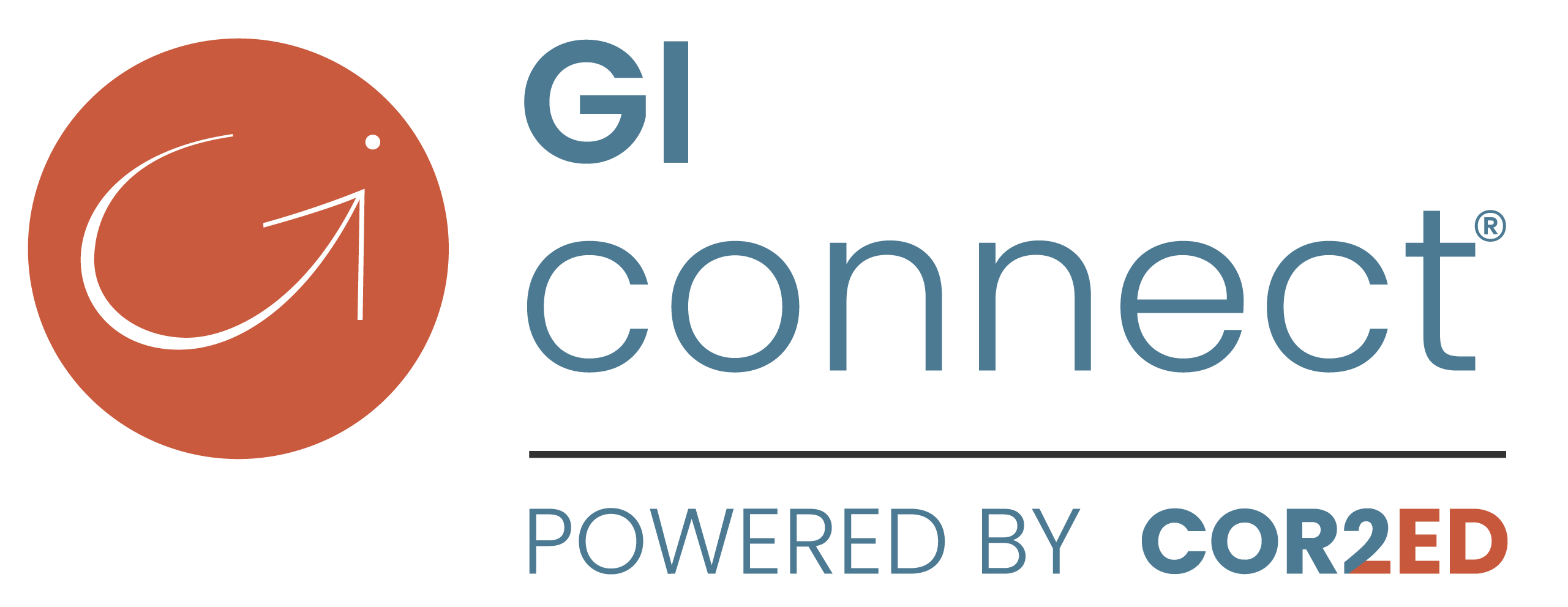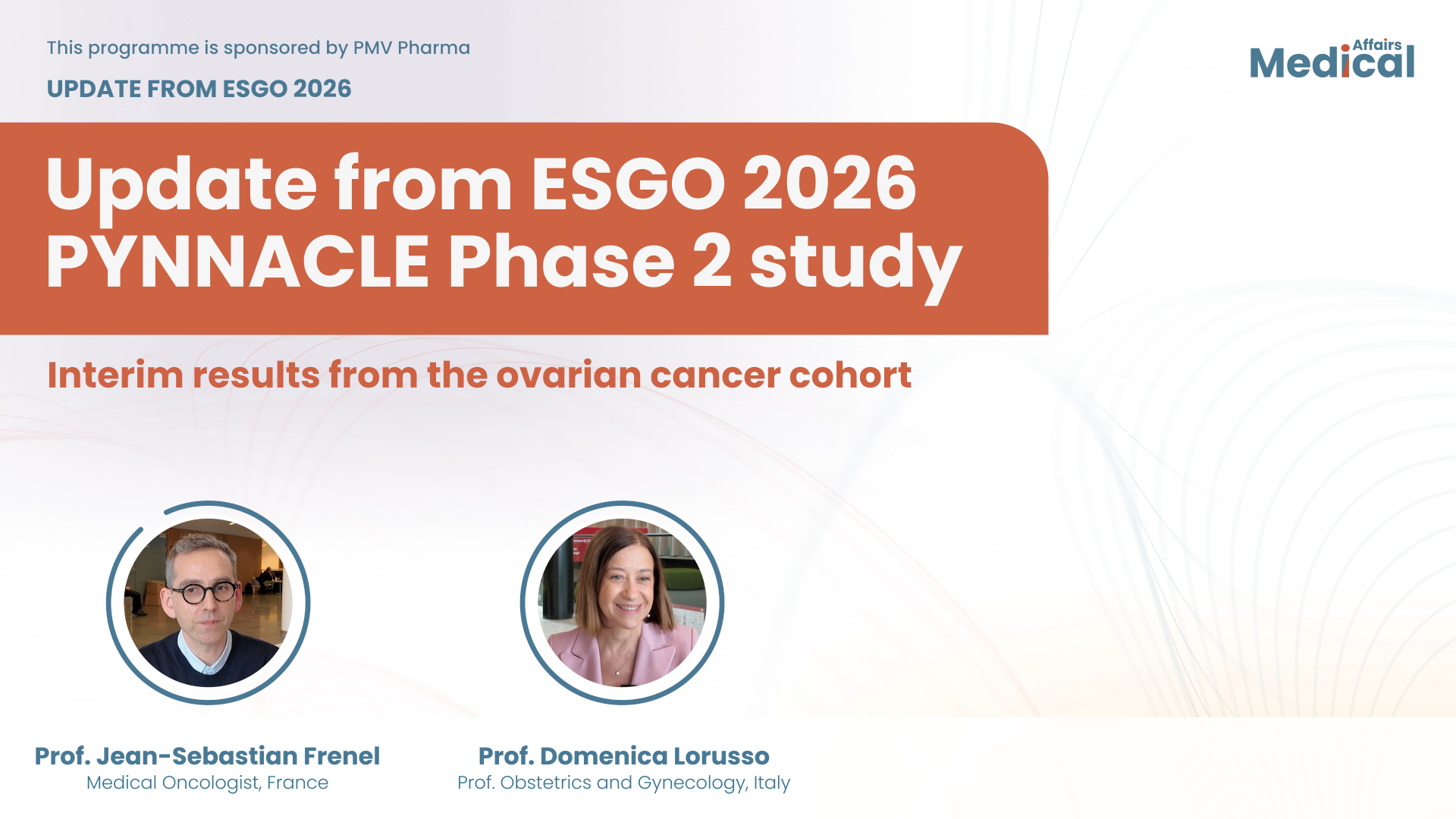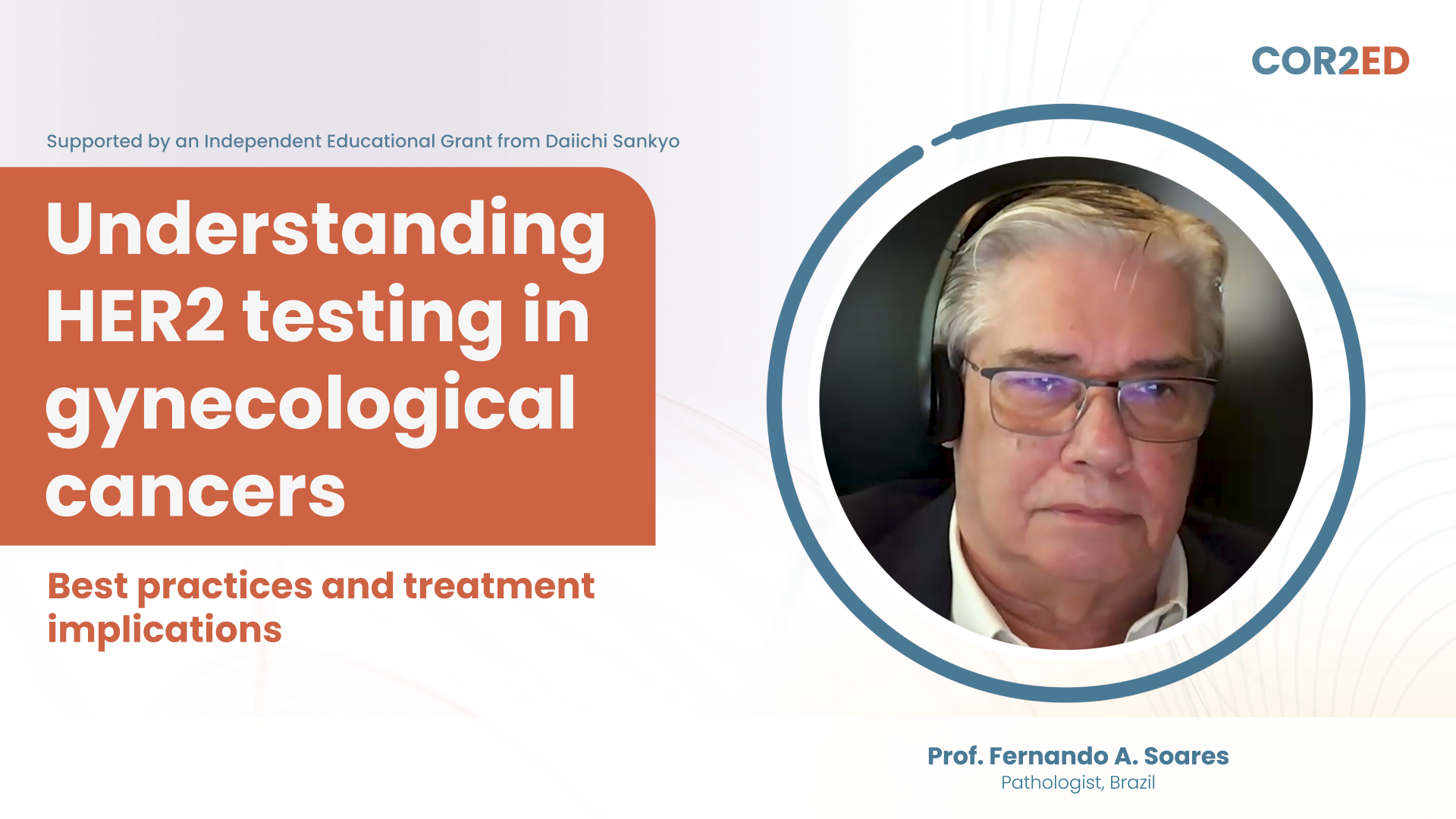The introduction of AI in precision oncology is helping with disease diagnosis, the development of personalised healthcare plans, and clinical decision-making. During biomarker testing, AI supports pathologists by helping to drive faster, high-quality, accurate diagnoses in the diagnostic workflow.
In this clinical topic video, molecular pathologist Prof. Albrecht Stenzinger provides expert insight into how AI is starting to shape the pathology landscape, sharing his views on:
- The requirements to successfully implement AI in precision oncology
- Challenges of clinical implementation, including the ethical, legal and regulatory aspects of integrating AI into clinical practice
- Examples of the clinical application of AI in pathology and precision oncology
Prof. Stenzinger gives examples of the clinical application of AI in pathology and precision oncology and discusses what we can expect to see in the future.
Clinical Takeaways
- AI technologies have the potential to support cancer diagnostics and therapy prediction by integrating complex clinical, imaging, and genetic data
- Explainable AI is paramount for implementation in diagnostics
- Generalisability of AI is critical for widespread use
- Addressing regulatory and ethical issues, such as ensuring transparency in AI decision-making and maintaining patient data privacy, is essential for the widespread adoption of AI in precision oncology





 Downloadable
Downloadable  5 MIN
5 MIN
 Mar 2026
Mar 2026 





